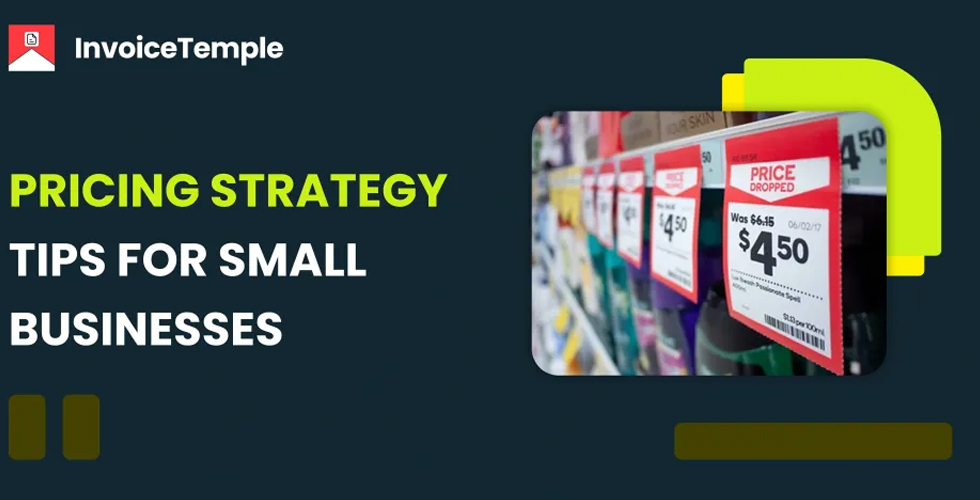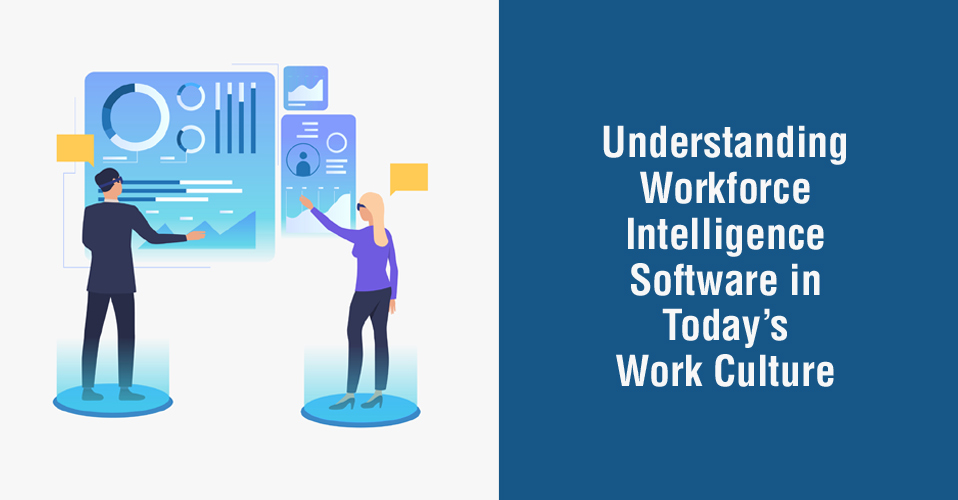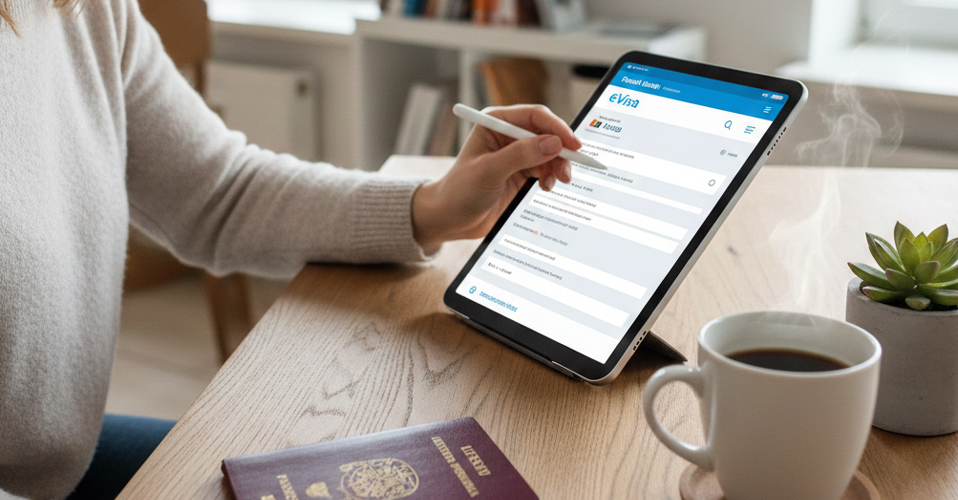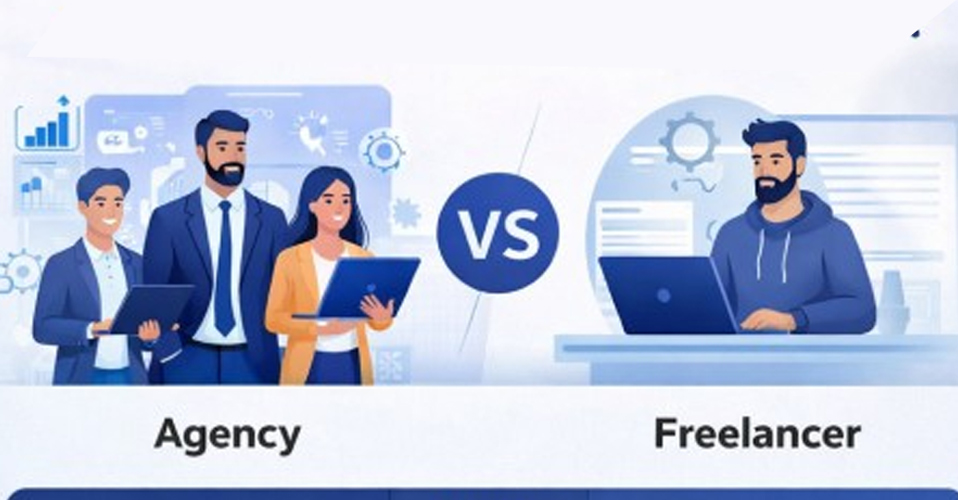In an organization, employees usually get their salaries after the tax deduction from the pay package.
On the other hand, sole proprietors, self-employed people, and business partners earning over £1,000 should file a return every year.
HMRC has introduced a way to assist people in checking whether they should go through HMRC self-assessment and send a tax return or not.
Who needs to file a tax return?
An individual earning untaxed wealth over a specified limit should file a return every year.
The person responsible for paying submitting returns should have income, which may include money from investments, dividends, income from saving, etc., is entitled to file a tax return every financial year.
How to file a tax return?
The first and foremost step to submit tax returns is to register yourself for HMRC self assessment tax return. By doing so, you will receive UTR that is a Unique Taxpayer Reference within 10 working days.
Once you receive the UTR, you must sign up online to file your tax return. Following this, you will get an activation code within seven working days of signing up.
Comprehensive Record Keeping
Maintain a firm record of all of your earnings and spending related to business during the year.
You can subtract these expenses from total income for the year. It would help calculate the profit you have made as you need to pay tax on profit only.
Here allowable expenses include office expenses such as stationery or phone bills, travelling expenses such as fuel, bus fares, etc., cost of raw material, and many more.
Do you need an accountant?
Some people prefer to outsource the tax-related matters during their first year of HMRC self-assessment to gain confidence.
On the other hand, organizations with more complex scenarios may choose to hire an accountant to ensure that the HMRC tax return process is seamless. Below mentioned are some of the areas that everyone needs to be aware of:
- The taxpayer at a higher rate can claim relief for pension contributions
- Spouses can pass on unused personal tax allowances
- Any interest in PPI compensation is taxable
- 50% of the finance cost for residential properties earning rental income is available for a tax deduction.
- People earning over £50,000 can keep their right to child benefit by making higher donations and pension contributions to charity via Gift Aid.
Availing Accounting Software
The Making Tax Digital program of the UK government demands VAT-affiliated small businesses and sole proprietors to keep and maintain digital records. Businesses need to be very careful while going through HMRC self-assessment and tax return online.
Accounting software comes in handy even for the business setups that are not obliged by law.
We cannot overlook the fact that such software provides business owners with the ability to calculate in actual time their profits and tax bills and also the ability to update their bookkeeping records on a daily basis.
Submitting the HMRC Tax Return
It is fundamental to ensure that you save money throughout the year to pay your taxes. On the first year of your self-assessment, you need to pay tax on your last year’s earnings adding half of the amount again, which will be added in the next year’s tax bill.
It is actually the “payment on account.” Here the point to consider is that during the second year of self-assessment majority of your tax on the year’s earning will already be paid.
Thus, you will be paying any remaining amount for the previous tax year, which is the balancing payment.
Wrapping Up!
The process of self-assessment and filing HMRC tax return can be daunting. If you are an amateur in this business aspect, you should consider hiring expert accountants to ensure that you save on the tax returns.
Get in touch with SK Accountants and Tax Consultants for honest advice and expert assistance with your HMRC tax return.
Also, Read: Briefing of GST ( goods and services)

















Add Comment